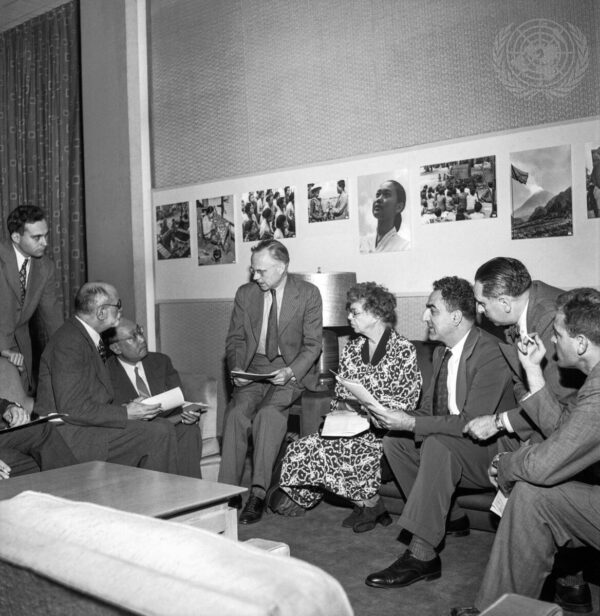
Human Rights 101: The Universal Declaration of Human Rights
In this lesson, students will learn how human rights differ from civil rights and gain introductory knowledge of how the international community united to define and defend human rights.
acf domain was triggered too early. This is usually an indicator for some code in the plugin or theme running too early. Translations should be loaded at the init action or later. Please see Debugging in WordPress for more information. (This message was added in version 6.7.0.) in /nas/content/live/ncchredu/wp-includes/functions.php on line 6121Featured in

In this lesson, students will learn how human rights differ from civil rights and gain introductory knowledge of how the international community united to define and defend human rights.